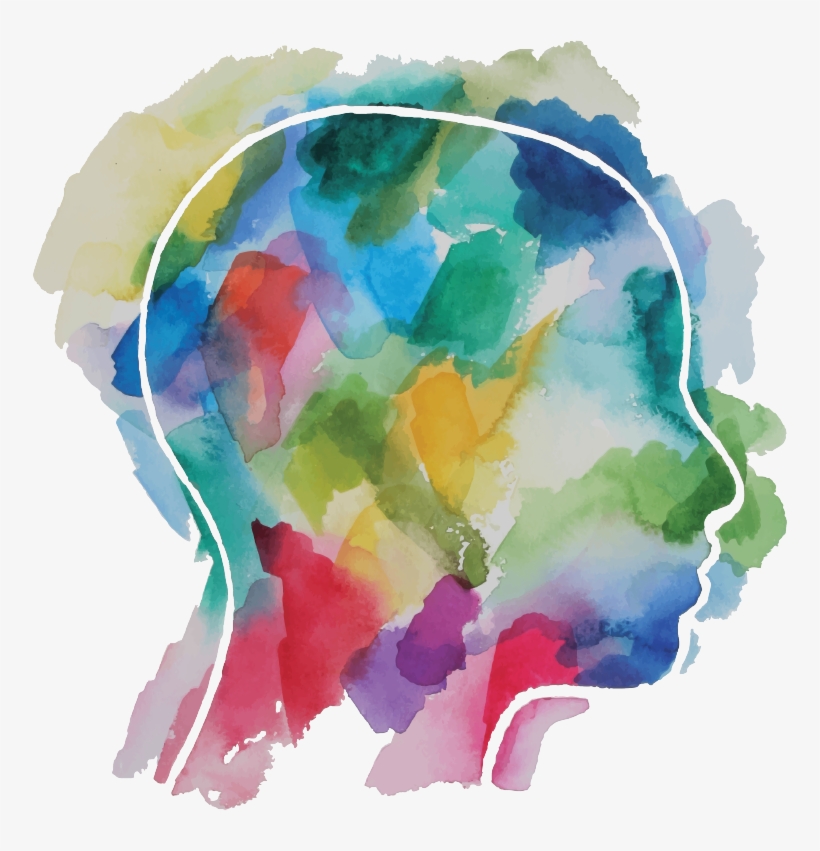COVID-19 and Disordered Eating: How the Pandemic Has Impacted Eating Habits
 Over the past 2 years, the COVID-19 pandemic has caused many physical and emotional challenges. But has it also adversely affected people’s eating patterns and increased the prevalence of disordered eating?
Over the past 2 years, the COVID-19 pandemic has caused many physical and emotional challenges. But has it also adversely affected people’s eating patterns and increased the prevalence of disordered eating?
Although not listed as a diagnosable condition in the Diagnostic and Statistical Manual of Mental Disorders, 5th edition (DSM-5), disordered eating can cause symptoms similar to an eating disorder, including restrictive or compulsive food consumption.
Moreover, anxiety, emotional distress, and changes in routine — some of the same stressors many people experienced during the COVID-19 pandemic — may trigger or intensify these symptoms.
What is disordered eating?
Disordered eating can be challenging to define as it encompasses a wide range of eating patterns. However, in general, people with a disordered eating pattern may eat for reasons other than hunger.
People with disordered eating patterns may have symptoms similar to those with an eating disorder. These symptoms may include:
- fasting or skipping meals
- binge eating
- avoidance of specific food groups or types of food
- purging or laxative misuse
- an unhealthy preoccupation with body image or weight
However, these symptoms might not occur as frequently or with the same intensity experienced by someone with a clinically diagnosed eating disorder.
Although the line between the two situations can be ambiguous, determining the difference between an eating disorder and disordered eating typically involves examining three factors:
- Behaviors: People with eating disorders may frequently engage in multiple behaviors concerning food. In contrast, people with disordered eating patterns may only engage in one behavior or experience behaviors less frequently.
- Obsessive thoughts: Individuals experiencing an eating disorder may continuously think about food or food-related topics, including body image. Conversely, people experiencing disordered eating may not think about these concerns as often.
- Functionality: The eating patterns of someone with an eating disorder can cause significant challenges with daily functioning, whereas people with disordered eating may not experience this to the same degree.
Has the pandemic impacted eating patterns?
Evidence suggests that pandemic-related lockdowns and social distancing protocols may have contributed to an increase in disordered eating.
For example, according to a qualitative analysis of social media posts among Reddit users, most users reported that the COVID-19 pandemic and associated public health prevention measures adversely impacted their mental health and contributed to increased disordered eating behaviors.
Research suggests several factors may play a role in pandemic-related disordered eating. These factors include:
- higher levels of stress
- increased pandemic-induced mental health conditions
- changes to routines
- concern about possible food restriction due to reduced access
- increased use of social media and exposure to stigmatizing weight and body image posts
- new or increased preoccupation with food and eating, body 2, and perceived pressure to lose weight.
How to recognize signs of disordered eating
Signs of disordered eating may include:
- changes in eating or activity levels
- mood changes
- isolation or eating alone
- special food requests or avoidance of certain foods
- expressing concern about body image or weight.
Excerpted from “COVID-19 and Disordered Eating: How the Pandemic Has Impacted Eating Habits” in Medical News Today. Read the full article for more details and recommendations for managing disordered eating.
Source: Medical News Today| COVID-19 and Disordered Eating: How the Pandemic Has Impacted Eating Habits, https://www.medicalnewstoday.com/articles/covid-19-and-disordered-eating-how-the-pandemic-has-impacted-eating-habits#Managing-disordered-eating | © 2004-2022 Healthline Media UK Ltd
If you have concerns about your child or teen, CHC Care Coordinators can arrange a free 30-minute consultation so you can explore options with an expert. We invite you to call or email us at 650.688.3625 or careteam@chconline.org to set up an initial Parent Consultation appointment. CHC teletherapy services are available now.





